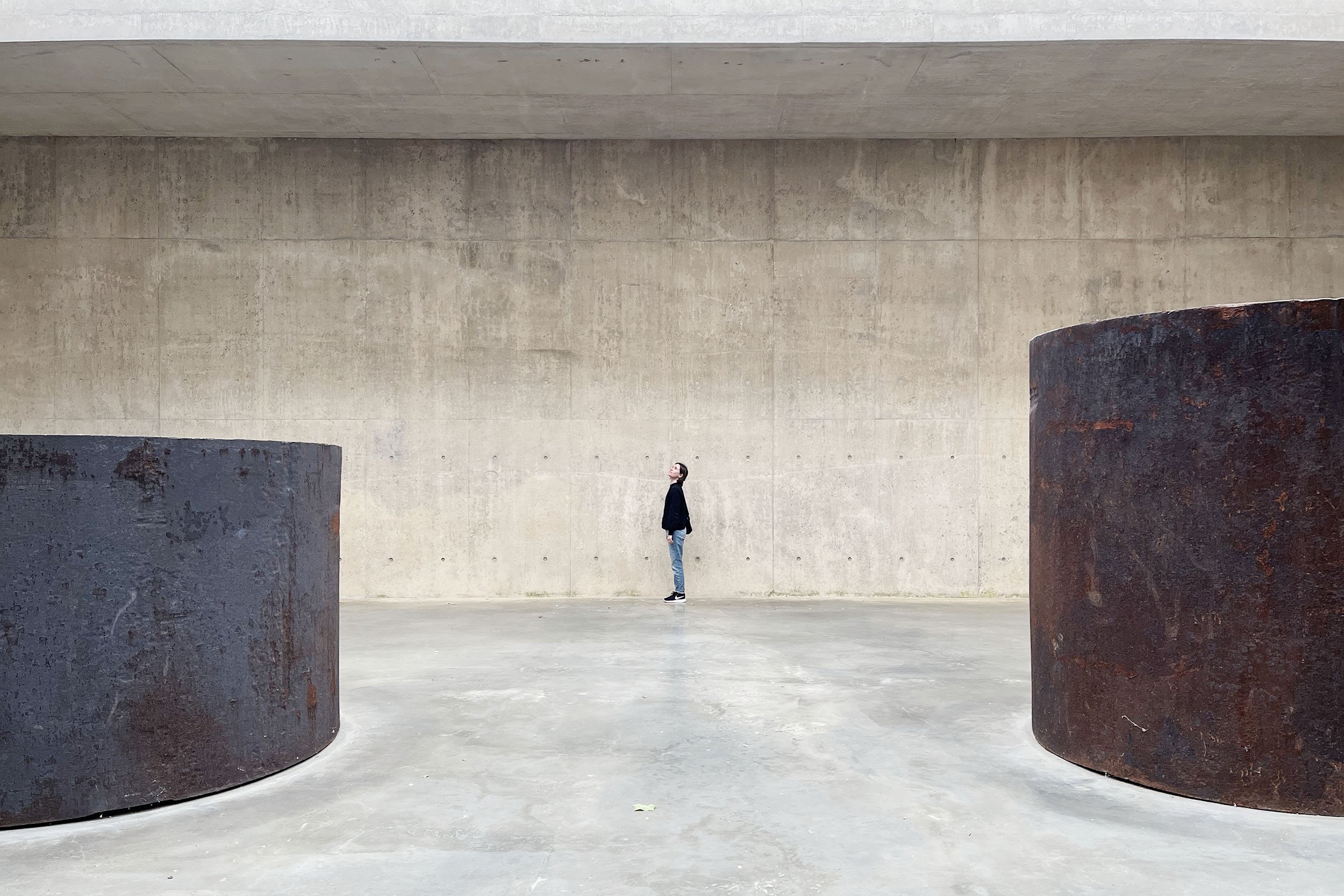How to Let Go of the “Just in Case” Mindset
As a professional organizer, my job is to not only help clients reimagine their space, but to be a sounding board—a witness to their fears, concerns, hopes, and dreams. I start by asking what their vision is for their life so that I can help them let go of anything that doesn’t support it.
They share their desire to feel more present, calm, and content at home; to invite friends over without spending hours cleaning up ahead of time; to easily get dressed and out the door in the morning; or to enjoy cooking healthful meals for their families.
When the time comes to declutter, we pull everything out for a category to review. I often hear sentiments that don’t support the vision they have shared:
“I forgot I had this tool, but now that I see it, I’d like to try and use it.”
“I haven’t read these books, but I will someday when I have more time.”
“This blouse doesn’t fit, but I think I’ll wear it when I lose ten more pounds.”
“These kitchen appliances serve a similar function, but I’d like to keep both.”
What I hear at the core of these statements is, “I’m not using this item, but I’d like to keep it just in case.”
Just in case is tricky—it’s a nebulous point in a hypothetical future.
Just in case wouldn’t be a problem if possessions were neutral. However, every item you own requires you to organize it, store it, clean it, and maintain it. Sure, you could keep an unlimited amount of tools, books, blouses, and appliances—but at a high cost to your well-being. Building the life you want must involve saying no to excess because you have finite resources—whether that’s your space, your time, your attention, or your finances.
Identifying what excess looks like for you requires confidence in knowing who you are and what you want. This isn’t something you’re either born with or without; rather, it’s something that can be developed through the simple process of putting your home in order. In the beginning, it requires a bit of discomfort as you start to shed all of those just in case items.
The possibility of regret is inherent in every decision. What if you donate that blouse and wish you had it six months from now? What if you have a party and need both of those kitchen appliances? What if scenarios can be paralyzing, because there are infinite hypothetical reasons to keep something. Life is a constant learning process; at each step of the way, you make the best decision you can with the information you have. Does this blouse fit you now? If not, let it go. Have you ever needed both of those kitchen appliances at once? If not, let one go. With each decision you make, you learn something new and become a bit more confident going forward.
Just in case is the antithesis of making a decision. It clutters your home and your life with endless options, keeping freedom and peace out of reach. What if, instead of keeping all of those things just in case, you let go? What’s the worst thing that could happen? On the flip side, what’s the best thing that could happen?
